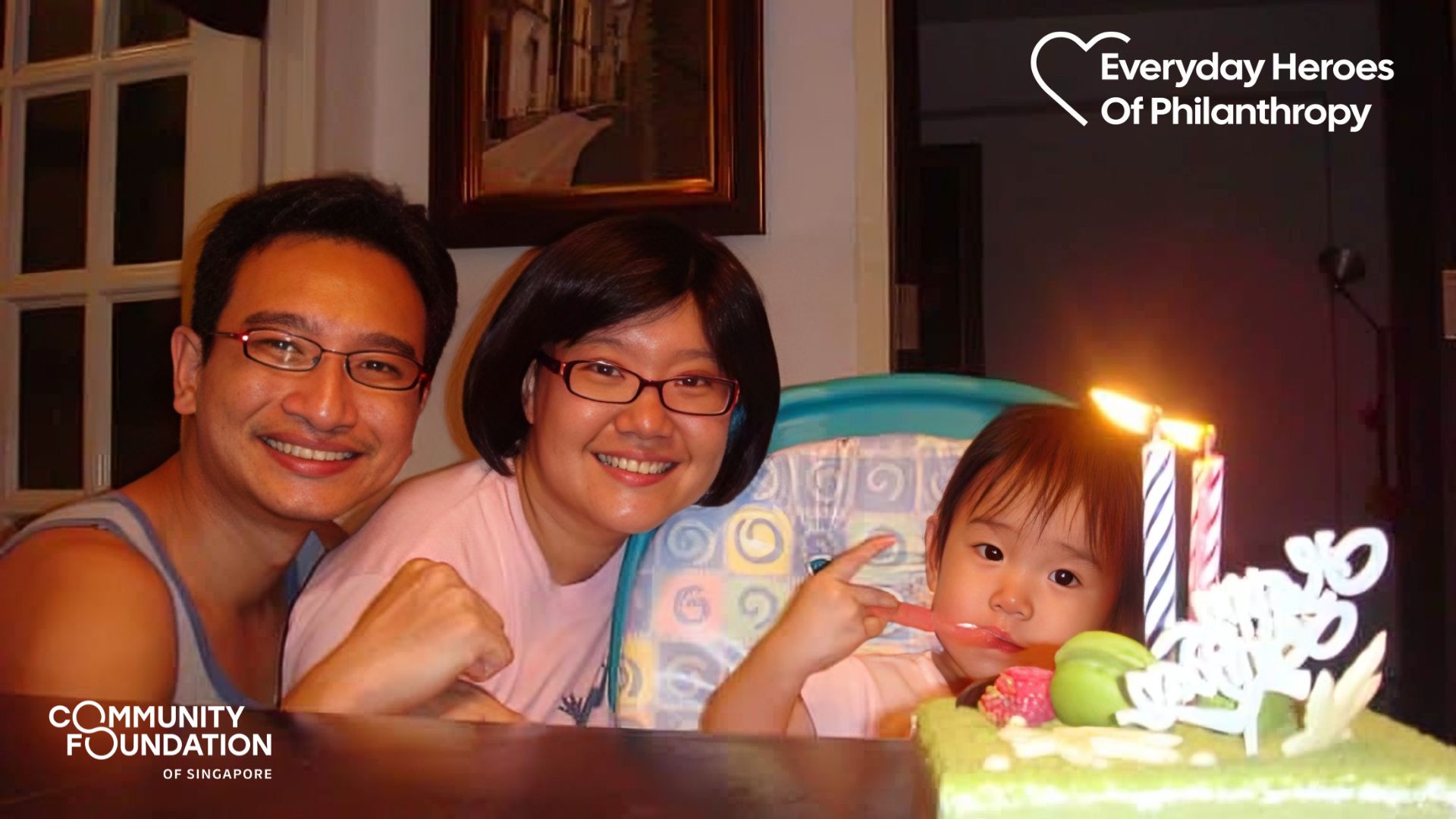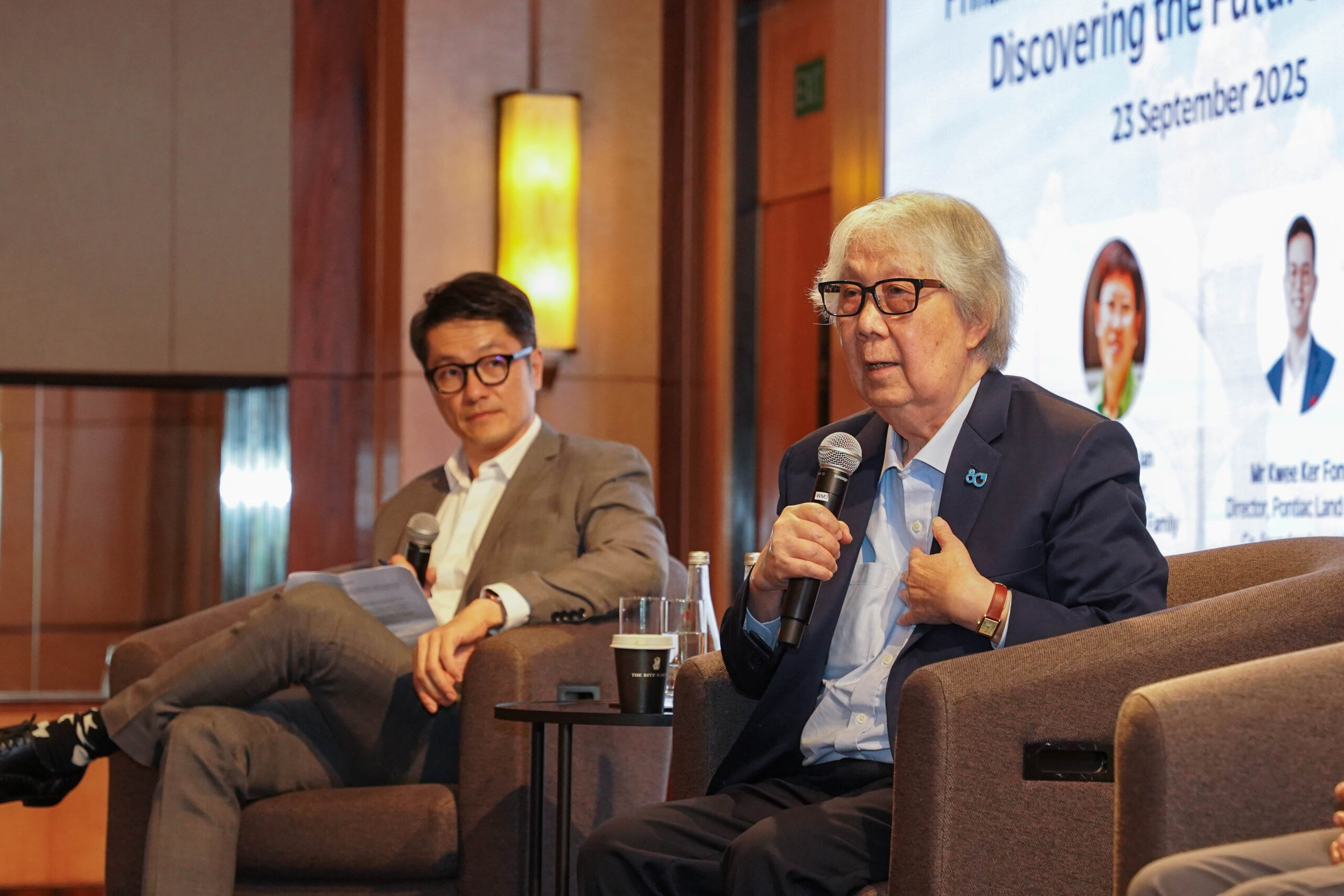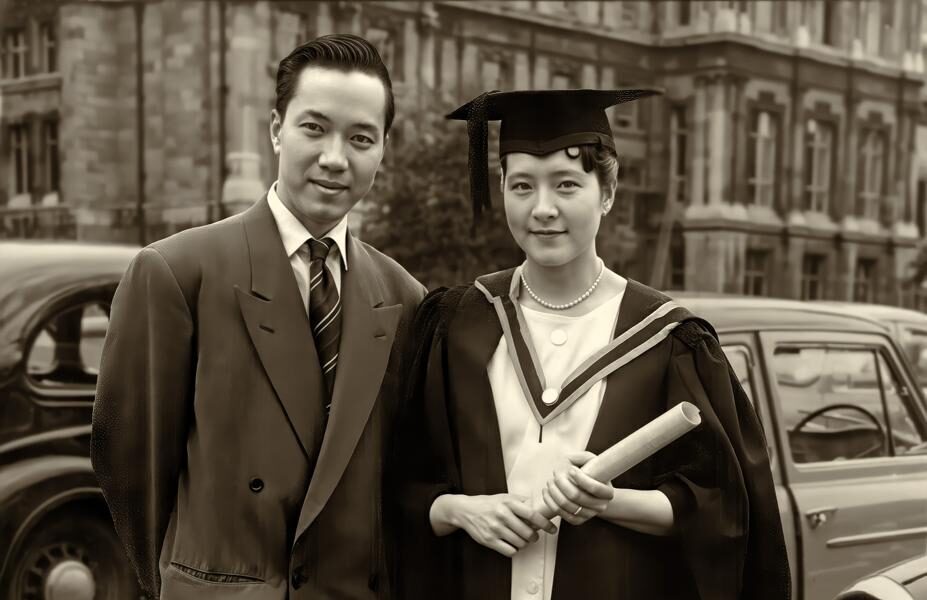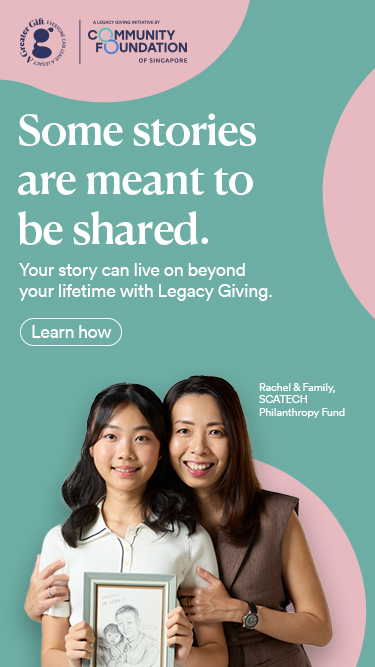#MyGivingJourney x Year of Celebrating SG Women


One of the biggest myths about philanthropy is that you need millions of dollars to give back. At CFS, we strongly believe that everyone can leave a charitable legacy. Everyone can make a difference. Everyone can donate to the causes close to their hearts.
Because giving comes in many ways.
With 2021 being the Year of Celebrating SG Women, CFS would like to share the giving journeys of women who are touching lives with their generous spirit. Some started giving back early in life, others later. Some are in a position to make a big-ticket donation or pull together a fundraiser. Others lend their skills, talents or energy.
Some volunteer actively with their hands and feet, helping at-risk youths or the old and frail. Some have crafted a career in the world of social services. Some are millennials, others are well, let’s say ageless.
CFS talks to these women to find out what motivates them to give back, the causes they champion and how their giving journeys have uplifted and given back to them in ways they never expected.
We hope their stories also showcase how Singaporean women are revolutionising philanthropy. And that you will be as inspired by them as we are.
Read more about their inspiring stories:
- Jeya Ayadurai – Bringing her people and strategic skills to nonprofits
- Ravina Kirpalani – Taking family philanthropy to new heights
- Ivy Tse – Going the distance for youths
- Stefanie Yuen Thio – Maximising impact with her purpose-driven philanthropy
- Corinna Lim – From legal advocate to leading gender equality advocate
- Nadia Ahmad Samdin – Changing the game for giving
- Hauw Soo Hoon – Insuring the future for vulnerable students
- Trina Liang-Lin – Investing in a sustainable future
- Jenny Wah – Transforming customer experiences to reignite growth
Begin your own journey of giving with CFS.
Learn more about how to get started here.
One of the biggest myths about philanthropy is that you need millions of dollars to give back. At CFS, we strongly believe that everyone can leave a charitable legacy. Everyone can make a difference. Everyone can donate to the causes close to their hearts.
Because giving comes in many ways.
With 2021 being the Year of Celebrating SG Women, CFS would like to share the giving journeys of women who are touching lives with their generous spirit. Some started giving back early in life, others later. Some are in a position to make a big-ticket donation or pull together a fundraiser. Others lend their skills, talents or energy.
Some volunteer actively with their hands and feet, helping at-risk youths or the old and frail. Some have crafted a career in the world of social services. Some are millennials, others are well, let’s say ageless.
CFS talks to these women to find out what motivates them to give back, the causes they champion and how their giving journeys have uplifted and given back to them in ways they never expected.
We hope their stories also showcase how Singaporean women are revolutionising philanthropy. And that you will be as inspired by them as we are.
Read more about their inspiring stories:
- Jeya Ayadurai – Bringing her people and strategic skills to nonprofits
- Ravina Kirpalani – Taking family philanthropy to new heights
- Ivy Tse – Going the distance for youths
- Stefanie Yuen Thio – Maximising impact with her purpose-driven philanthropy
- Corinna Lim – From legal advocate to leading gender equality advocate
- Nadia Ahmad Samdin – Changing the game for giving
- Hauw Soo Hoon – Insuring the future for vulnerable students
- Trina Liang-Lin – Investing in a sustainable future
- Jenny Wah – Transforming customer experiences to reignite growth
Begin your own journey of giving with CFS.
Learn more about how to get started here.
- Related Topics For You: #MYGIVINGJOURNEY, DONOR STORIES, STORIES OF IMPACT




